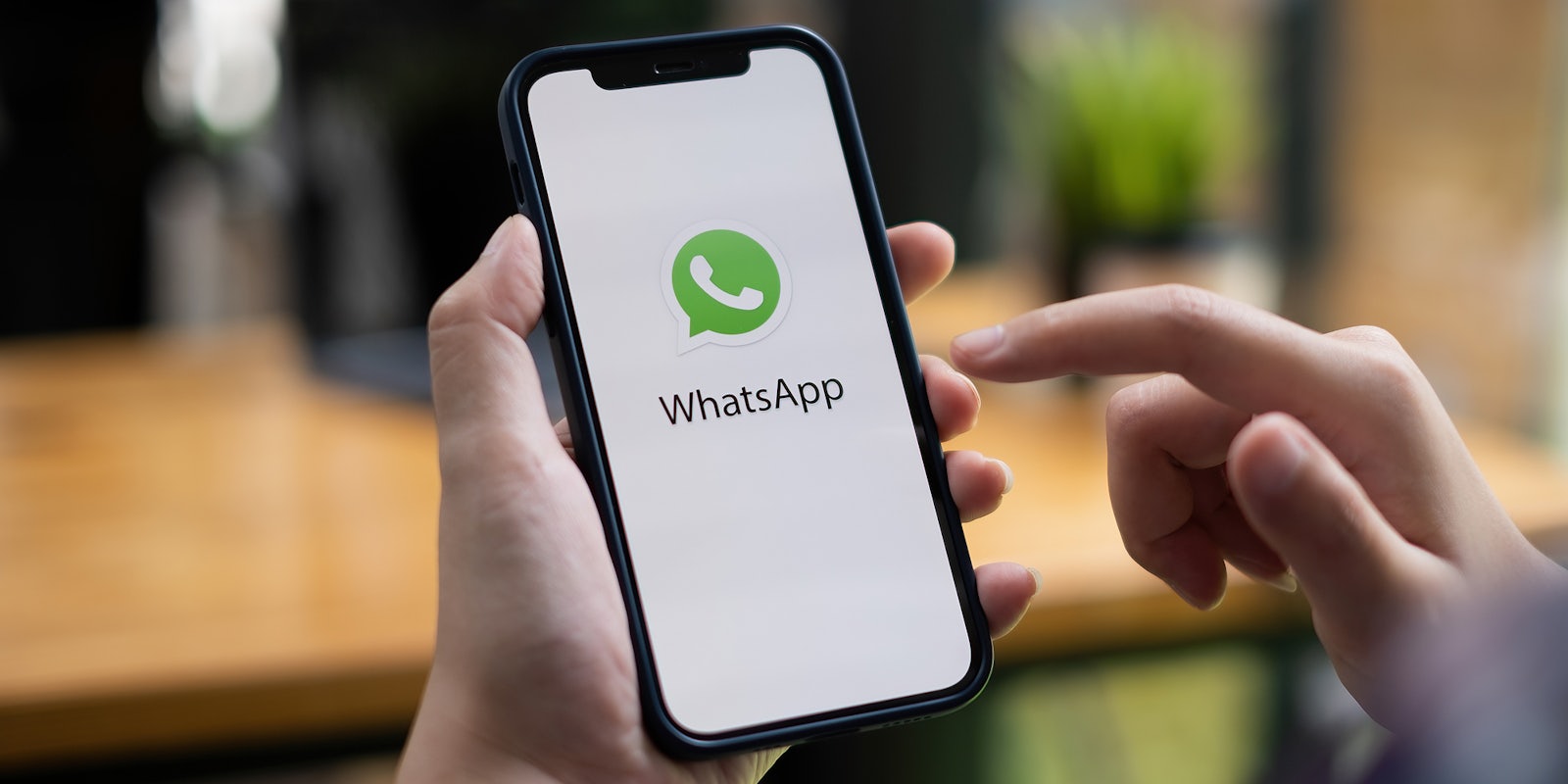WhatsApp and Signal, along with five other apps, said they would pull out of operating in the United Kingdom if the country’s proposed Online Safety Bill passes, according to a letter.
The companies said the bill “opens the door to trying to force technology companies to break end-to-end encryption on private messaging services” and would give lawmakers “the power to weaken the privacy of billions of people around the world.”
The Online Safety Bill, which has been in the works since May 2021, has been panned by critics as an attempt at tech oversight that overreaches.
The bill’s initial aim has been to “ensure social media companies are finally held to account and are taking ownership of the massive effect they have on all of our lives,” an admittedly nebulous proposition that’s helped foment concerns over the bill.
Much like the much-maligned EARN IT Act in the United States, the bill is ostensibly designed to fight harms children face online such as trafficking and inappropriate content.
But like the EARN IT Act, the process could undermine mass communication tools and force companies to auto-censor their users in an effort to root out child sex abuse material (CSAM)
“As currently drafted, the Bill could break end-to-end encryption, opening the door to routine, general and indiscriminate surveillance of personal messages of friends, family members, employees, executives, journalists, human rights activists, and even politicians themselves, which would fundamentally undermine everyone’s ability to communicate securely,” the letter said.
Signal and WhatsApp both rely on end-to-end encryption to protect users’ transmissions, which means the government can’t subpoena messages from tech companies, as they can’t actually see the contents of the message.
Some experts have raised the concern that the only way for the legislation to be implemented if passed would be to require client-side scanning—a method of scanning for harmful content on a user’s device, which was once proposed by Apple on iPhones but walked back after public outcry.
The letter cited the United Nations’ opinion on client-side scanning, saying it is “a paradigm shift that raises a host of serious problems with potentially dire consequences” and that “mandating general client-side scanning would inevitably affect everyone using modern means of communications.”
The companies said it’s “not possible” to surveil and track people’s messages, as the bill might require, while maintaining end-to-end encryption and are urging the U.K. government to “urgently rethink the bill.”



